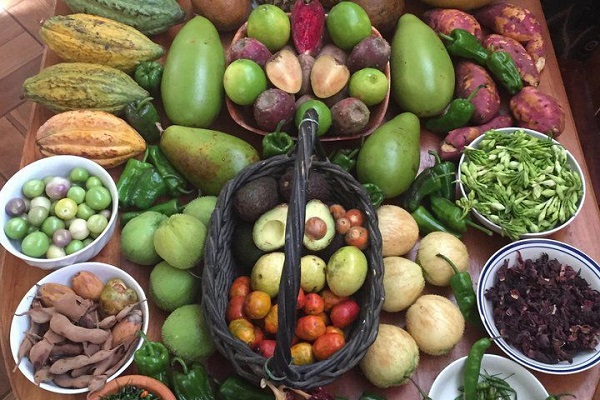This post has already been read 2104 times!
The rate of inflation in Nigeria will increase further in coming months if the shortage of food caused by severe flooding in about 14 states is not adequately addressed by the Federal Government.
According to the November 2018 bi-monthly report of the Financial Derivatives Company, a renowned economic think tank, the intense flood, particularly in northern states contributed to the last two months consecutive rise in the rate of inflation.
Analysts at the FDC noted that the flood led to food shortage, adding that this contributed to the end of Nigeria’s inflation moderation.
Nigeria’s inflation rate fell for 18 consecutive months until August 2018 when the trend reversed.
Inflation rate increased to 11.23 per cent in August from 11.14 per cent in July and further to 11.28 per cent in September.
“This upward trajectory will be sustained if food shortages persist. The monetary policy committee of the Central Bank of Nigeria shares the same view,” the FDC report, which was made available to our correspondent in Abuja on Friday, stated.
It added, “This prompted some members of the committee to call for a tightening of monetary policy in September, in order to limit the amount of money in the economy and subdue demand pressures. Hence, the impact of the recent flooding has been severe on the economy.”
The report stated that the northern states were hard pressed to respond as their revenues were historically smaller than their southern neighbours.
Northern states only accounted for 32 per cent of the total internally generated revenue in 2017 and they have the lowest per capita funding allocation from the Federal Account Allocation Committee.
The ongoing pastoral crisis has made 2018 particularly challenging as spending has been diverted to recurrent expenditure and the ongoing security demands.
“As a result, if northern farmers and the agricultural industry are going to have any reprieve, the Federal Government needs to support the northern states in flood control,” the FDC team stated.
They said a lower flood incidence would help soften the impact of the food shortage, and financial support from the Federal Government would reduce pressure on the states to split their limited financial means between two top priorities, which include flooding and the pastoral crisis.
The report said, “The provided funds could be in the form of a special intervention fund and could enable affected states to invest in flood prevention such as raising and rehabilitating river banks to prevent them from overflowing.
“This kind of intervention would be similar to the bailout funds the Federal Government made available to state governments struggling with salary payments and low levels of economic activity in 2015. Fourteen of the 27 states that benefited from the package were from the North. Kebbi, Katsina and Niger states were among the beneficiaries.”
The analysts stated that the Federal government would have to show commitment in order to preserve agricultural output across the country as they stressed that flooding was easier to control than insecurity.
They added, “As state government finances remain limited, any reluctance or delay by the Federal Government to address the issue will ensure food shortages continue in the country. Consequently, it could further push up food prices and the inflation rate.
“It is also noteworthy that if food shortages raise inflation, the CBN might be forced to tighten its monetary policy stance, probably through raising interest rates. This decision would reduce credit availability to interest rate sensitive sectors of the economy, such as manufacturing and trade, and could ultimately further slow down economic growth. These negative short and long-term implications of flooding demand swift action.”



